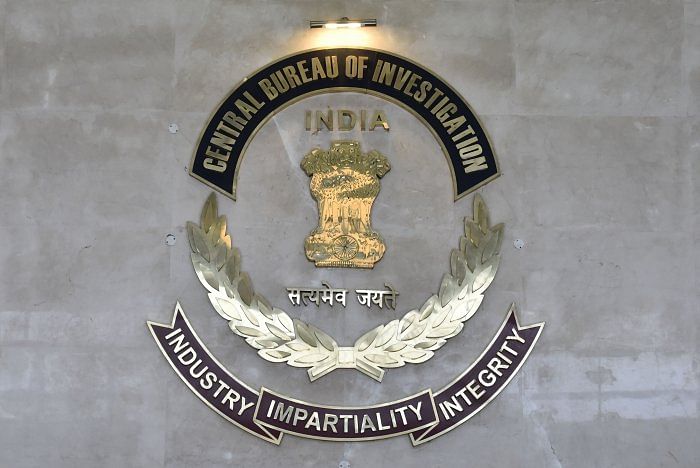
The Gujarat government has denied permission to Central Bureau of Investigation (CBI) to prosecute Inspector General of Police Girish L Singhal, ex-Deputy Superintendent of Police Tarun Barot and Assistant Sub-Inspector Anaju Chaudhary in connection with Ishrat Jahan encounter case. This was revealed on Saturday when CBI submitted government's letter to the special court.
They are the last three accused who are facing the trial. Earlier, ex-IPS officer D G Vanzara and ex-Superintendent of Police N K Amin were discharged after the government denied sanction for prosecuting them. Accused ex-DGP P P Pandey was first to have been discharged, while another accused J G Parmar passed away last year.
As CBI has not appealed against these discharge orders and has given in writing in the court stating that it has "accepted these orders", according to source, the remaining three officers are also likely to be dropped from the case, leading to closure of the encounter case even before trial could begin. The special court is likely to pronounce the order on March 31.
CBI produced copies of Gujarat government's letter in the special CBI court and informed that the government has denied sanction to prosecute Singhal, Barot and Chaudhary. The sanction is required for government servants before prosecuting them under code of 197 of CrPC. Singhal had provided evidence which revealed "illegal surveillance of a woman architect". Singhal was not on the spot but is accused of being part of the conspiracy. In the chargesheet, CBI has said that Chaudhary had fired 10 rounds from his Sten-gun, Barot fired six rounds from his revolver and three rounds from the revolver of another colleague.
"We have said that these officers were only discharging their official duty. There is no evidence against these officers of any wrongdoing," said a source in the know of the development. In March 2019, while denying permission of trial against Vanzara and Amin, the state government had said that these officers were required to be protected in "larger public interest." It also claimed that 19-year-old Mumbai college girl Ishrat Jahan was a "Lashkar-e-Taiba operative."
Giving 'clean chit' to Vanzara and Amin, Gujarat government's letter, read "...from records placed by CBI, it transpires that the deceased Ishrat Jahan was a member of Lashkar-e- Taiba... Lahore-based Ghazwa Times, mouthpiece of Lashkar-e-Taiba, had claimed her as woman activist of the Lashakar-e-Taiba."
CBI investigation found that in June 2004, apart from Ishrat Jahan, her friend Javed Sheikh alias Pranesh Pillai, two alleged Pakistani nationals-Zeeshan Johar and Amjadali Rana- were killed in the outskirts of Ahmedabad in cold blood. The police branded them as Lashkar-e-Taiba operatives who were on a mission to kill the then chief minister Narendra Modi.
The CBI probe established that these four were already in the custody of accused officers of Gujarat police and Intelligence Bureau prior to the alleged encounter. Apart from Gujarat police officers, there are four officers of central Intelligence Bureau including ex-Director Rajendra Kumar, Rajiv Wankhede, T Mittal and Mukul Sinha. They have been chargesheeted which is yet to be committed to a sessions court for trial.